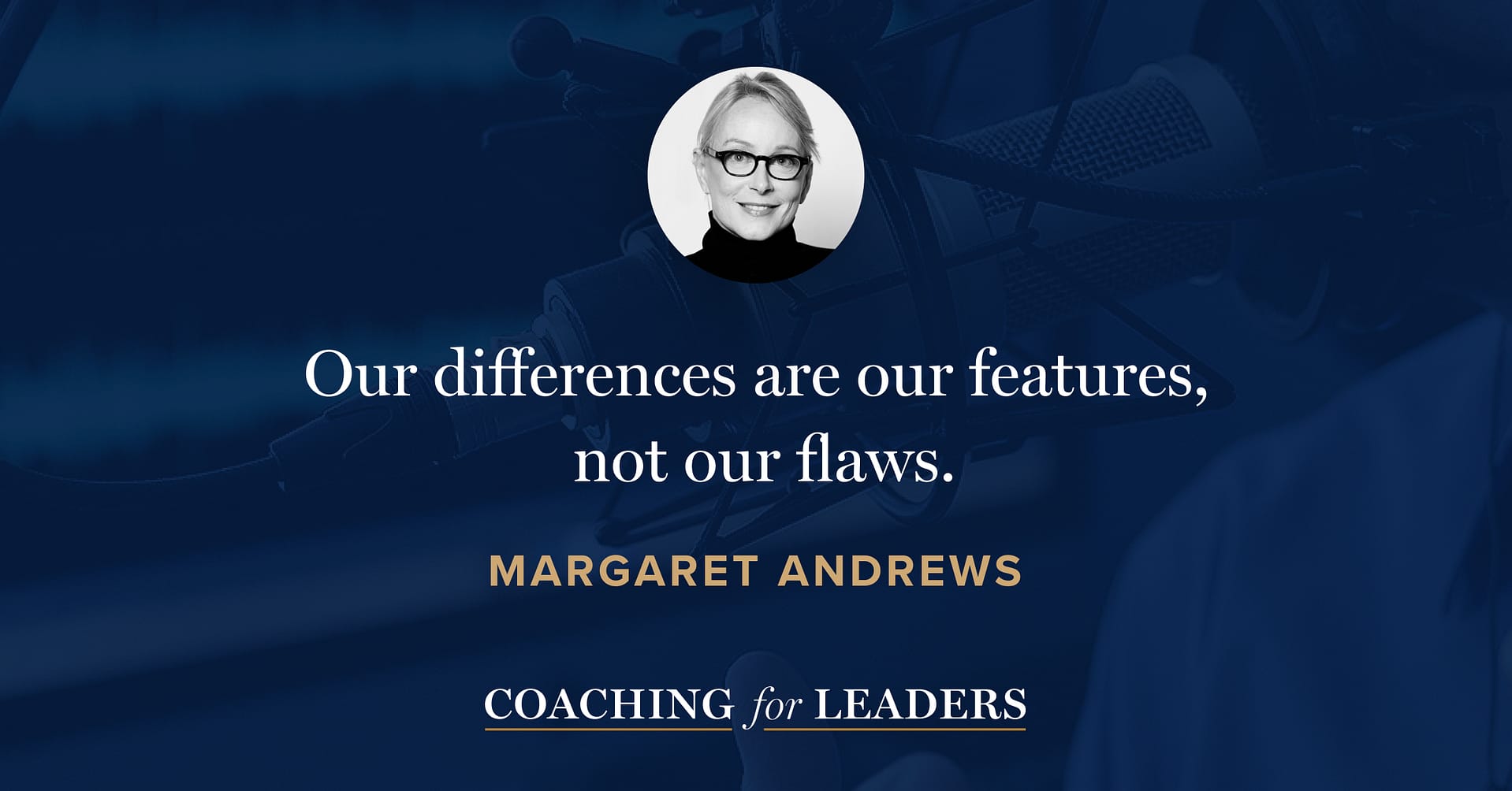Margaret Andrews: Manage Yourself to Lead Others
Margaret Andrews is a seasoned executive, academic leader, speaker, and instructor. Her course MYLO (Manage Yourself to Lead Others) has become the most popular professional development program at Harvard. She is the author of Manage Yourself to Lead Others: Why Great Leadership Begins with Self-Understanding (Amazon, Bookshop)*.
Virtually every book, course, and program on leadership begins with self-understanding. That’s no accident; it’s because managing ourselves helps us lead others more effectively. In this episode, Margaret and I explore the six key questions that will help you manage yourself better.
Key Points
- When people are asked to describe the attributes of their best bosses, 85% of the responses highlight interpersonal skills.
- Our differences are our features, not our flaws. Knowing yourself well helps you lead others better.
Six Questions for Self-Understanding:
- Who, and whose thinking, has shaped you as an individual?
- What situations and events have helped shape your perspective?
- What does success look like for you?
- What are your core values, and how have these values changed throughout your life?
- To what extent are you aware of—and allow yourself to feel—your emotions?
- What feedback have you received over the years about how your actions and behaviors impact others?
Resources Mentioned
- Manage Yourself to Lead Others: Why Great Leadership Begins with Self-Understanding by Margaret Andrews (Amazon, Bookshop)*
Interview Notes
Download my interview notes in PDF format (free membership required).
Related Episodes
- Enhance Your Self-Awareness, with Daniel Goleman (episode 353)
- The Way to Be More Self-Aware, with Tasha Eurich (episode 442)
- Discover Who You Are, with Hortense le Gentil (episode 459)
Discover More
Activate your free membership for full access to the entire library of interviews since 2011, searchable by topic. To accelerate your learning, uncover more inside Coaching for Leaders Plus.





